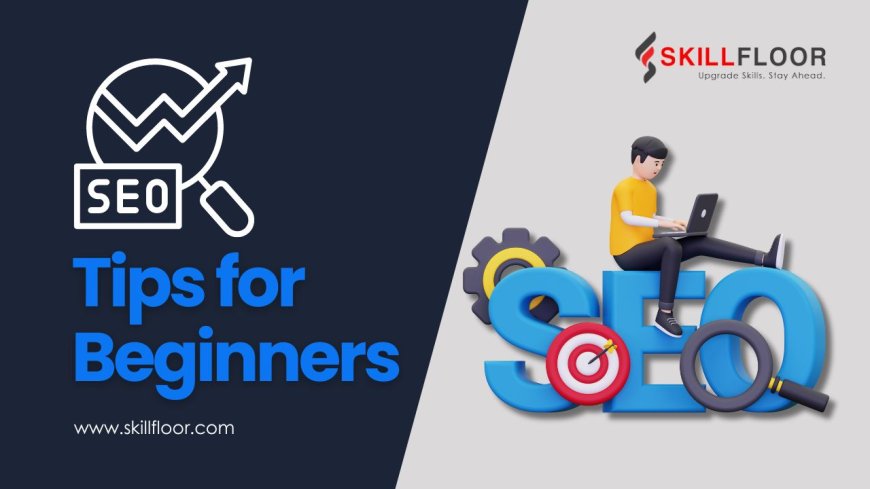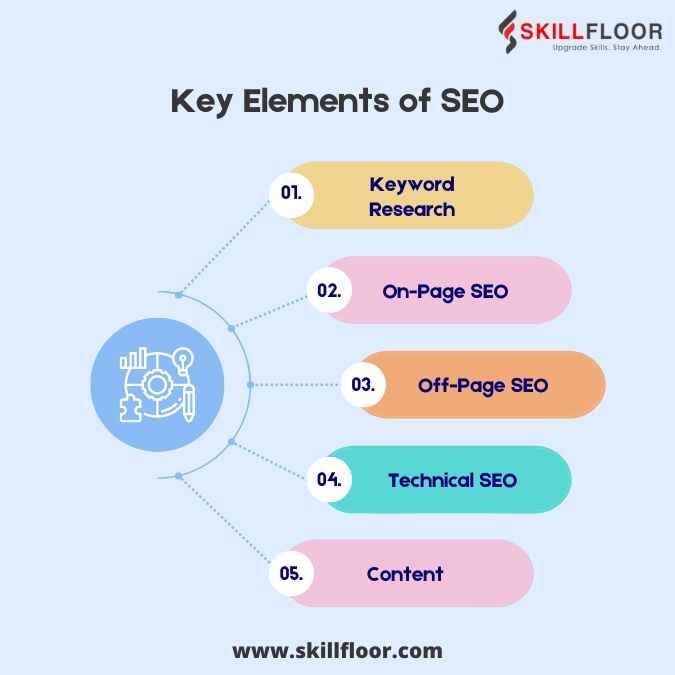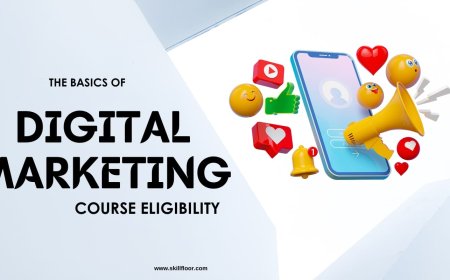Understanding SEO: Tips for Beginners
Discover how to improve your website's visibility with easy-to-follow SEO tips for beginners. Get started now to understand the basics and boost your online presence.

Understanding SEO is a key part of getting started with digital marketing. It helps make your website more visible on search engines, making it easier for people to find your content. Start by researching keywords that your audience might use. Include these keywords naturally in your content, meta descriptions, and titles. Ensure your website is mobile-friendly and loads quickly, as these factors affect search engine rankings. Focus on creating quality, engaging content that provides value to your readers, as this can keep them on your site longer, benefiting your SEO efforts.
Another important aspect of Understanding SEO is building backlinks from reputable websites. Backlinks serve as support for your site, indicating to search engines that your content is trustworthy and relevant. Engage with your audience on social media and encourage them to share your content to enhance your digital marketing strategy. Regularly updating your website with fresh content helps maintain your rankings. Use tools like Google Analytics to monitor your SEO performance and understand what works and where improvements are needed. By focusing on Understanding SEO, you can effectively boost your online presence and attract more visitors to your site.
Key Elements of SEO
Before diving into the tips, let’s understand the key elements of SEO:
-
Keyword Research: Keyword research is the process of determining the particular terms and phrases that your target audience uses when looking for items or services that are comparable to yours. Understanding these search patterns allows you to more effectively personalize your content to fit their needs. Use Google Keyword Planner or Ahrefs to find high-traffic, low-competition keywords. Incorporating these keywords naturally into your article helps you reach the correct audience.
-
On-Page SEO: On-page SEO is the process of optimizing individual web pages to rank higher and generate more relevant traffic. This involves creating compelling content that fulfills readers' demands, as well as optimizing HTML elements like title tags and meta descriptions. Furthermore, incorporating keywords naturally in your headings and text increases readability and relevance. Optimize your photos with informative file names and alt tags to improve search visibility.
-
Off-Page SEO: Off-page SEO refers to activities done outside of your website to increase its search engine rankings. The primary goal is to create high-quality backlinks from respectable websites that convey trust and authority to search engines. This can be accomplished by guest blogging, forming influencer partnerships, and providing shareable material that others want to link to. Effective off-page methods improve your website's trustworthiness and ranking potential.
-
Technical SEO: Technical SEO guarantees that your website meets the technical requirements set by search engines for optimal indexing and ranking. Improving site speed for a better user experience, guaranteeing mobile accessibility, and developing a clean, crawlable site design are all important considerations. To keep your website technically sound, check for and repair issues such as broken links and duplicate material regularly. Proper technical SEO creates the groundwork for better organic results.
-
Content: High-quality content is essential for engaging your audience and enhancing SEO. Focus on providing informative, relevant, and valuable content that speaks to your users' interests and needs. Regularly updating your blog or website with new information keeps your audience interested and encourages return visits. Furthermore, well-written content with selected keywords automatically improves search engine results and attracts organic traffic.

Tips for Beginners
1. Start with Keyword Research
Keyword research is the foundation of SEO. Use tools like Google Keyword Planner, Ahrefs, or SEMrush to find relevant keywords for your industry. Look for keywords with high search volume and low competition. Incorporate these keywords naturally into your content, headings, and meta descriptions.
Example: If you’re in the digital marketing field, you might target keywords like “digital marketing strategies,” “SEO tips,” or “online marketing techniques.”
2. Optimize Your Website’s Structure
A well-structured website helps search engines understand and index your content. Make sure your website has a clear hierarchy, with a logical arrangement of pages and categories. Use descriptive URLs that include your target keywords.
3. Create High-Quality Content
Content is key in SEO. Focus on creating valuable, informative, and engaging content that addresses the needs and questions of your target audience. Regularly update your blog with fresh content to keep your audience engaged and coming back for more.
Tip: Include digital marketing-related keywords in your content to attract a broader audience interested in digital marketing.
4. Optimize On-Page Elements
Ensure that your on-page elements are optimized for SEO. This includes:
-
Title Tags: Use clear and concise titles that include your primary keyword.
-
Meta Descriptions: Write compelling meta descriptions that provide a brief overview of your content and include your target keywords.
-
Headings: Use H1, H2, and H3 tags to structure your content and make it easier for search engines to understand.
-
Images: Optimize images by using descriptive file names and alt tags that include your keywords.
5. Improve Site Speed and Mobile Friendliness
Site speed is a critical ranking factor. Use tools like Google PageSpeed Insights to identify and fix issues that may be slowing down your website. Ensure your site is mobile-friendly, as more people are using their mobile devices to search the web.
6. Build Quality Backlinks
Backlinks are links from other websites to your site. They are a major ranking factor in SEO. Focus on building high-quality backlinks from reputable websites in your industry. You can do this by:
-
Guest Blogging: Write guest posts for reputable sites in your industry.
-
Networking: Connect with influencers and other industry professionals to get mentions and links.
-
Creating Shareable Content: Create content that is valuable and shareable, making others more likely to link to it.
7. Monitor and Analyze Your SEO Efforts
Use tools like Google Analytics and Google Search Console to monitor your website’s performance. Track your rankings, organic traffic, and user behavior to understand what’s working and what needs improvement. Regular analysis helps you adjust your strategies and stay ahead of the competition.
8. Stay Updated with SEO Trends
SEO is constantly evolving. Stay updated with the latest trends and algorithm changes by following reputable SEO blogs, forums, and industry news. Continuous learning and adaptation are crucial to maintaining your SEO success.
What Are The Common SEO Mistakes to Avoid?
-
Keyword Stuffing: Overusing keywords can make your content look spammy and can lead to penalties from search engines.
-
Ignoring Mobile Optimization: With the increasing number of mobile users, ignoring mobile optimization can harm your rankings.
-
Neglecting Technical SEO: Technical issues like broken links, slow site speed, and poor site structure can negatively impact your SEO.
-
Using Duplicate Content: Search engines penalize duplicate content. Always create unique and original content.
Understanding and implementing SEO can seem daunting for beginners, but with the right approach and consistent effort, you can improve your online visibility. Remember to start with thorough keyword research, create high-quality content, optimize your website’s structure and on-page elements, build quality backlinks, and continuously monitor and analyze your efforts.































































